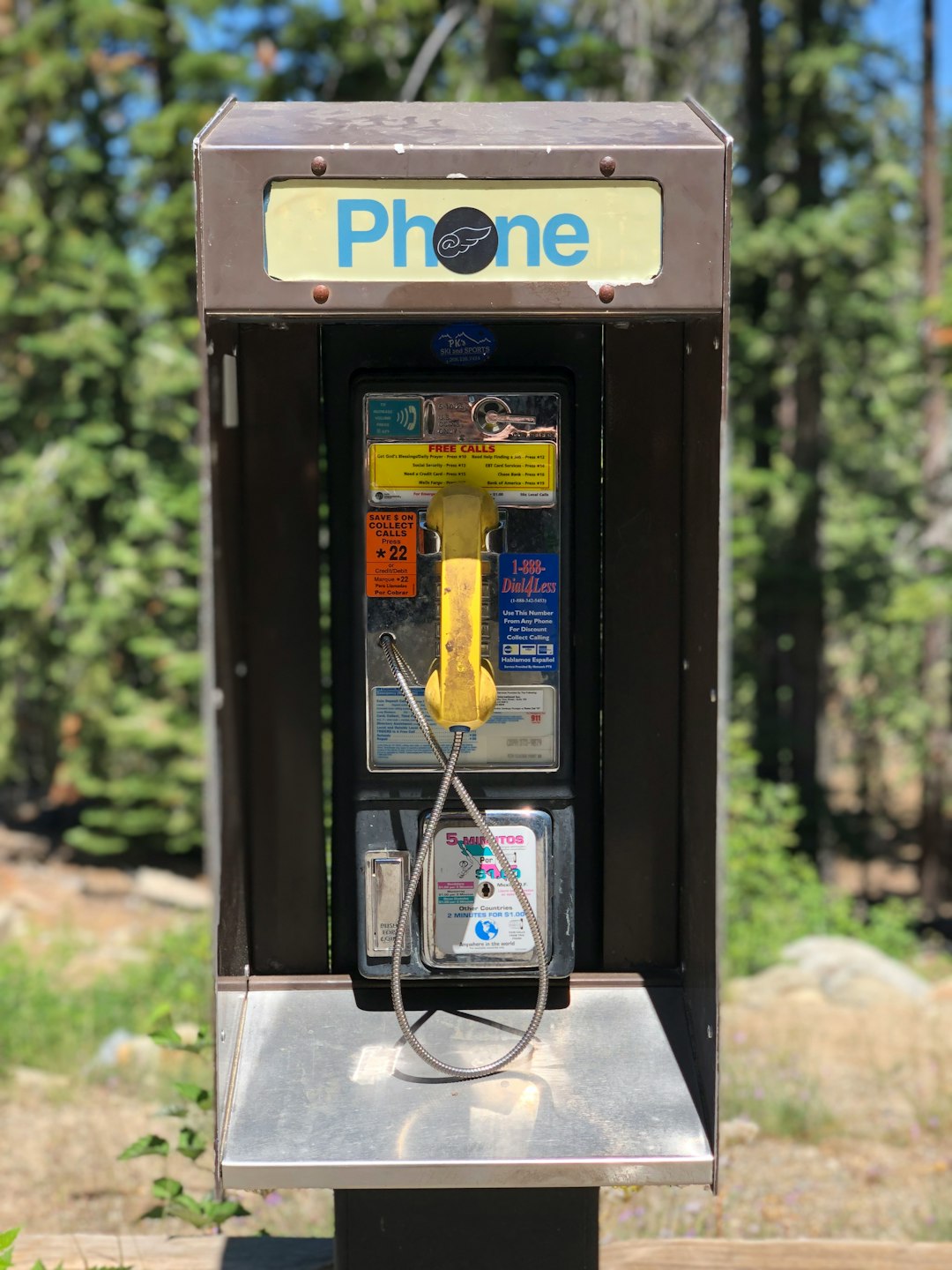In Idaho, both federal (TCPA) and state laws protect consumers from intrusive robocalls and unsolicited text messages. The Telemarketing and Consumer Fraud Prevention Act mandates businesses obtain explicit consent before automated marketing calls or texts. Consumers experiencing excessive spam calls despite being on the National Do Not Call Registry may be victims of fraud. Legal aid from a robocall lawyer Idaho or spam call law firm Idaho can navigate rights and options, ensuring communication privacy. Documenting call frequency and content is crucial, as professionals can guide through "Do Not Call" provisions, file FTC complaints, seek litigation, and protect consumer rights.
In the digital age, robocalls and texts have become a ubiquitous yet often annoying aspect of daily life. Idaho consumer protection laws offer safeguards against excessive and unwanted communication, but many are unaware of their rights. This article guides you through Idaho’s robocall and text regulations, empowering you to take legal action if your privacy is invaded. If you’re seeking a robocall lawyer in Idaho or a spam call attorney, understand your options first. Explore do-not-call law firms in Idaho and discover how to protect yourself from unwanted texts with the help of legal experts.
Understanding Robocall and Text Laws in Idaho

In Idaho, robocalls and unsolicited text messages are regulated by a combination of state and federal laws designed to protect consumers from intrusive and unwanted communications. The Telephone Consumer Protection Act (TCPA) at the federal level sets strict guidelines on how businesses can contact consumers via phone, including restrictions on automated or prerecorded calls, often referred to as robocalls. Similarly, Idaho’s consumer protection laws, specifically those pertaining to the Do Not Call list, further empower residents by allowing them to opt-out of receiving these nuisance calls and messages.
Consumers in Idaho who are plagued by spam calls or texts can take action through various legal channels. Engaging a robocall lawyer in Idaho or a firm specializing in spam call laws is a strategic move to assert your rights. These legal professionals are equipped to help you navigate the complexities of TCPA regulations and state-specific Do Not Call laws, ensuring that your rights as a consumer are respected and upheld. Whether it’s representing you in legal proceedings or counseling you on how to proceed, having an expert on your side can make a significant difference in resolving issues related to robocalls and unwanted texts.
What Are Your Rights Against Unwanted Contacts?

In Idaho, consumers have robust rights to protect against unwanted phone calls and text messages, often known as robocalls or spam. The state’s laws are designed to give residents control over their communication preferences, ensuring they aren’t disturbed by excessive or unsolicited contact. According to the Telemarketing and Consumer Fraud Prevention Act, businesses must obtain explicit consent from individuals before initiating automated telemarketing calls or sending text messages for marketing purposes. This means that if you have not given your permission, you have the right to stop these contacts.
If you’re receiving excessive robocalls or texts from unknown sources or are being contacted despite registering on the National Do Not Call Registry, you may have a case as a victim of consumer fraud. A robocall lawyer in Idaho or a spam call law firm can guide you through your rights and options under the state’s Spam Call Law (or relevant legislation) to ensure that your communication privacy is respected and maintained.
Legal Actions to Take Against Spam Calls and Texts

If you’re receiving harassing or unwanted robocalls and texts in Idaho, know that there are legal avenues to take action. The first step is to identify the source of the calls or messages and document the frequency and content of the spam. Once you have this information, consider reaching out to a robocall lawyer or spam call law firm in Idaho who specializes in these matters. These legal professionals can help you understand your rights under the state’s robocall laws and guide you through potential courses of action, which may include filing a complaint with the Federal Trade Commission (FTC) or seeking damages through litigation.
For instance, Idaho has specific laws in place to protect consumers from unsolicited telephone solicitations, often referred to as “Do Not Call” laws. If your calls or texts are in violation of these laws, you might have a case against the culprits. A robocall attorney in Idaho can help you navigate these legal procedures and ensure that your rights as a consumer are upheld, potentially stopping future unwanted communication and securing compensation for any distress caused.






